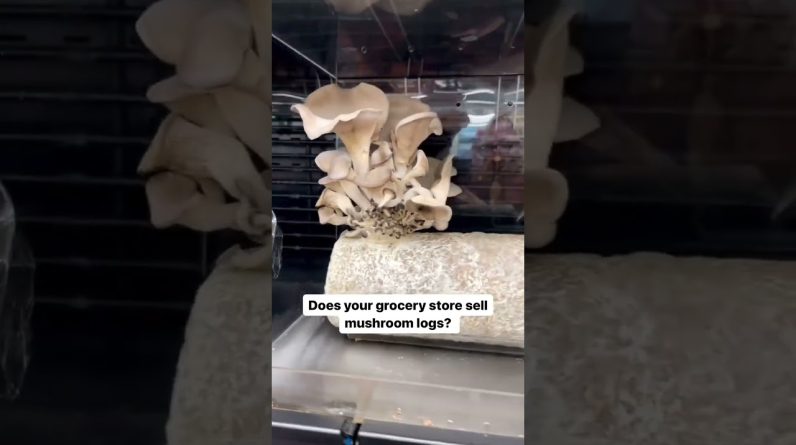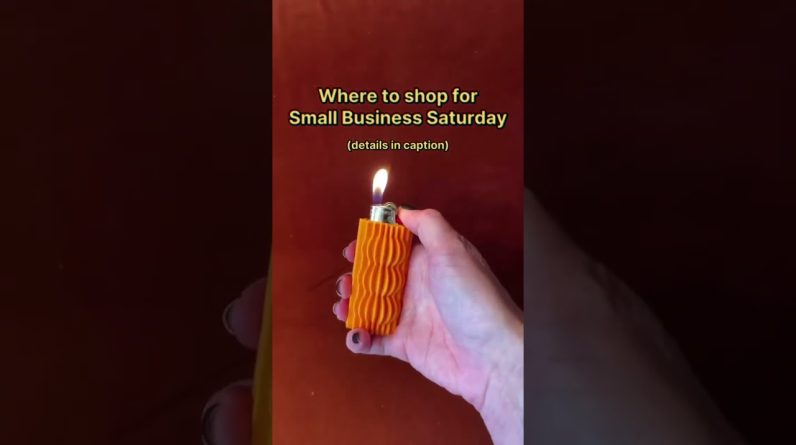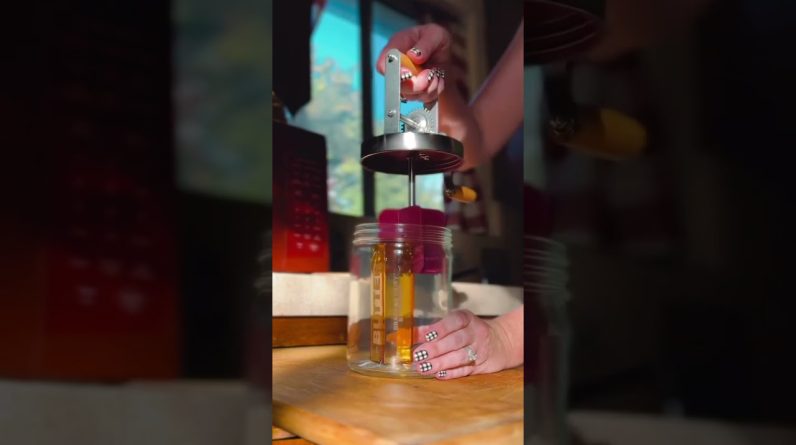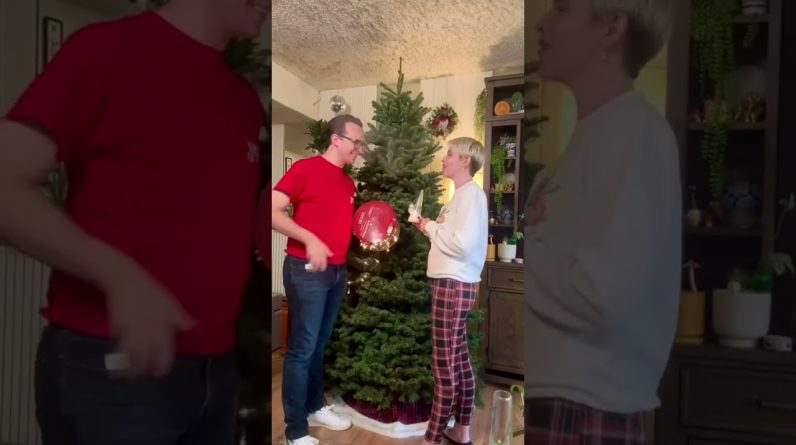As Shannon DeGrooms often shares, it took a gun to her head to try cannabis for Complex Post Traumatic Stress Disorder (CPTSD), often referred to as Childhood Post Traumatic Stress Disorder. But her story really began with a lineage of trauma, with DeGrooms eventually healing herself with the plant, now helping to heal others—as is so often the case.
She came out to her mom and stepdad late in life, at 27 years of age, at a Chinese restaurant.
“It was our tradition to read the fortunes out loud at the end of the meal, and when it came to my turn, instead of reading my fortune, I said, ‘Mom, I’m dating someone and its a woman!” she shared. “I had dated guys, but never really felt safe with them. I was always falling in love with my girlfriends. After I announced, my mom asked, ‘It says that in your fortune cookie?!’”
DeGrooms founded the This is Jane Project to help other women who may be in the same situation as she, trauma survivors—with women across the female spectrum helped emotionally and physically, with emotional support and a compassionate care program that provides access points to cannabis for those in need.
“After I was helped with the plant, I thought to myself, there must be others like me who need to know,” DeGrooms said. “I needed to challenge the stigma of medicating with cannabis for women and non-binary women. Many of the groups already established offering help are well intended, but have extensive applications that can be triggering, and we get that.”
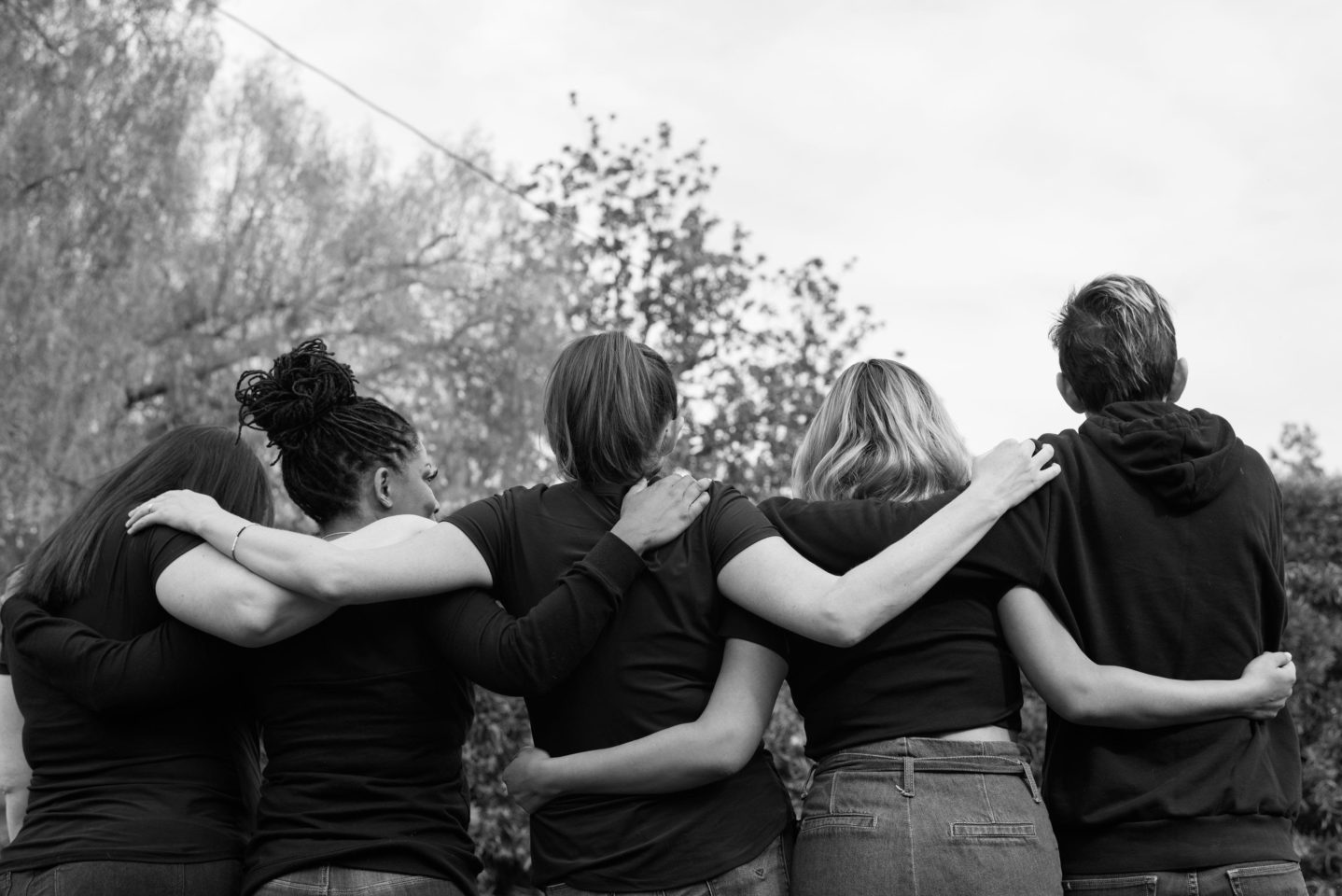
Righting the Wrongs
DeGroom’s own CPTSD began due to childhood sexual abuse by a close family member.
“The person who sexually abused me smoked weed everyday,” she said. “I was told my abuser did these things to me because they were on drugs. So, I grew up thinking if you did drugs you would harm people.”
Born in South Carolina, her mom moved her and siblings to New Jersey when she was 14. That same year, she tried smoking cannabis, but didn’t really enjoy it—blaming peer pressure for the experience.
“It made me feel uncomfortable, but at the time, I didn’t understand what anxiety was,” she said. “When I was 17, I began a life of clubbing in New York City. I found solace in underground nightclubs—realizing now I was re-traumatizing myself by being promiscuous and dancing professionally. I was handed a modeling contract after being picked up off the street, but I chose drugs instead.”
Her clubbing life lasted for 10 years, until she was 27 years old—never doing the work to ease her pain or deal with her trauma, with Ketamine and ecstasy her daily doses, merely numbing the pain.
“Everyone from my school counselor to my therapist tried to help me, but I was too smart for them—or so I thought,” she laughed. “I was prone to fighting and depression, and while the drugs didn’t really help, they helped me cover everything up.”
She gives credit to Narcotics Anonymous (NA) in helping her tap into her inner strength and do away with the drugs.
“I got clean in rehab and stayed clean for 10 years,” she said. “I was Miss NA, indoctrinated. I read all the books, sponsored other women. Being clean was my life and my identity.”
And then, in 2016, she was hit by a car while walking down the street where she lived in Oakland, California, and everything changed.
“I had a few surgeries for different reasons,” she explained. “But the reparative surgery on my nose from doing drugs was botched, leaving me with a super bacterial infection of e coli and klebsiella combined, chronic sinus issues, and no septum. I didn’t recognize myself and I couldn’t leave the house for seven months. Then, the day I was finally able to go out, I was car-jacked.”
The assailant held a Glock pistol to the back of her head, while leading her to the middle of the road. She thought she would die right then and there.
“He took my purse and the car,” she said. “The car was found days later, but the immense trauma that followed kicked up everything I hadn’t dealt with from my past, and then some.”
To add to her trauma, the thief, who still had her keys and her address, came back to her home, tried to take a second car, failed, and ended up vandalizing the car instead.
“In 48 hours I moved to Los Angeles,” she said. “I was suffering when a friend suggested I try cannabis for my PTSD from the incident. I said, no way was I doing drugs again! But I tried it and it opened up a whole new world for me.”
In time, she went up to Humboldt County in Northern California—cannabis capitol of the world—and her friend, Dave Stanley, who farmed cannabis, taught her about the plant and being a farmer.
“I’ve been up several times since, helping with the crops,” she added. “The cultivar Sunset Sherbert changed me. I was awoken, felt productive, and it motivated me to create the This is Jane Project.”
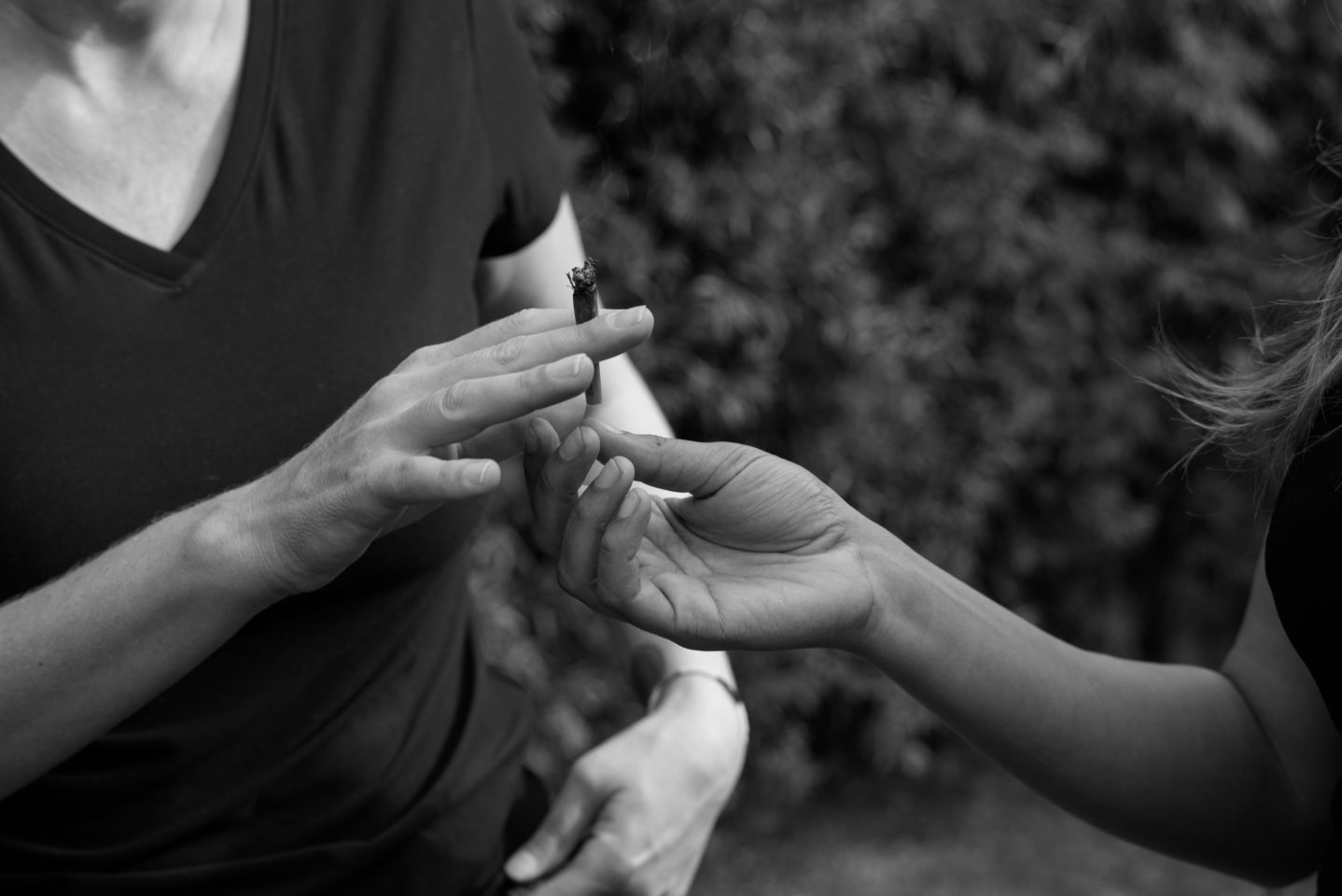
Cannabis in Recovery
Her doubts, on the other hand, told her the NA people who had supported her all these years would think she was crazy to add cannabis to her recovery program—and they did, accusing her of “using” again. Even though the plant helped her immensely, she lost many NA friends for this reason.
“I needed to destigmatize the plant, not only for the greater good of so many suffering, but to show people in recovery that the plant could be the right choice for them, as well,” she concluded.
The dominant terpenes in Sunset Sherbert are caryophyllene, limonene, and humulene. Rather than go with the myth of uplifting Sativa or calming Indica, it’s important to look at the terpene profile. That’s where the unique and helpful characteristics of cannabis are found.
Caryophllene has the unique ability to bind with CB2 receptors, relieving anxiety. Limonene is also found in citrus and is said to reduce stress and elevate mood. Humulene is also found in hops, which beer is made from, and has a relaxing effect. It’s also said to boost creativity and calm the mind.
Beneficial plants have fragrance. We are drawn to the plants we need to keep us healthy, happy, and to create homeostasis in our bodies, or a place where illness cannot dwell.
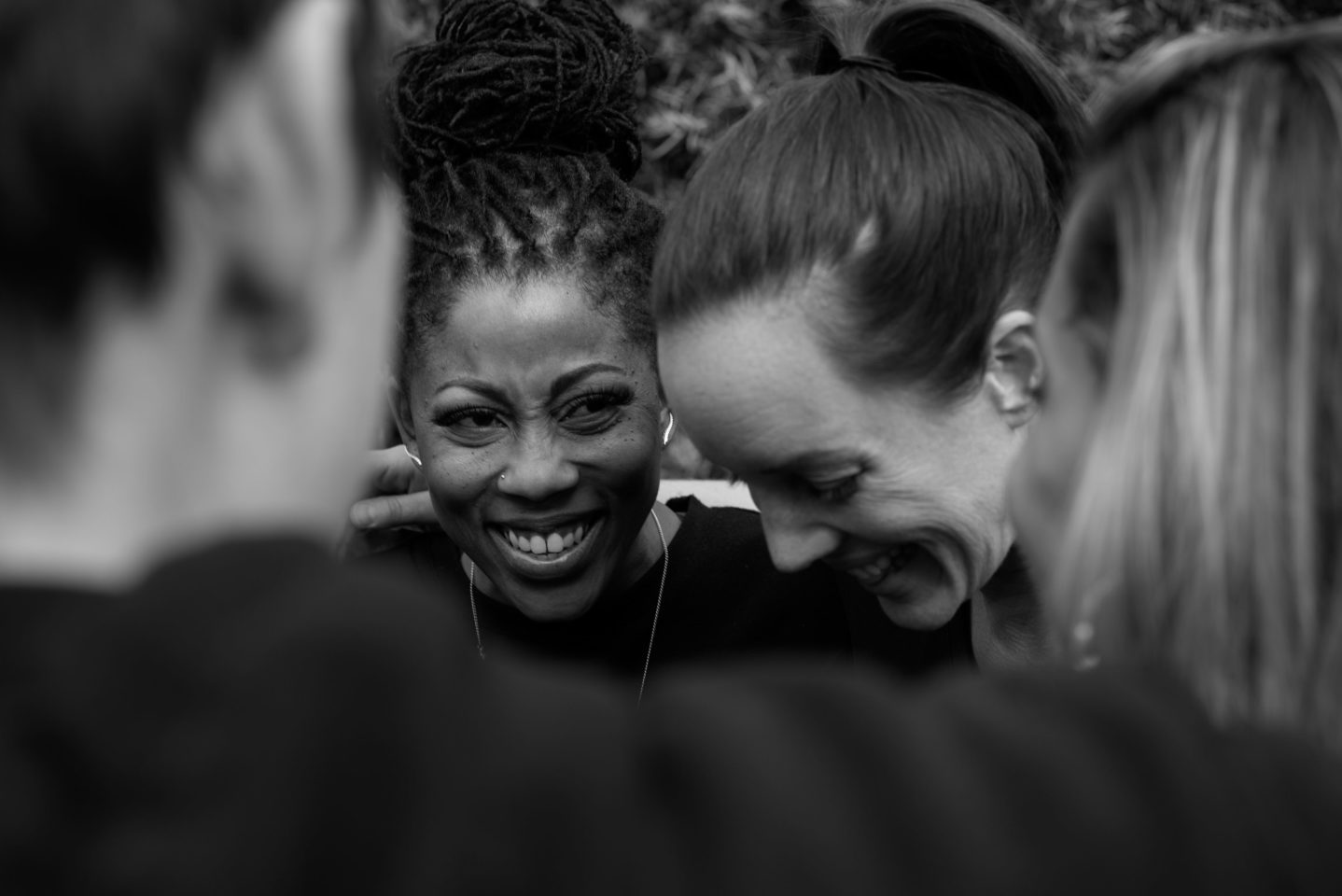
The Revolution is Trauma-Informed
The project began as a photo and messaging campaign for social media, documenting women and their stories, poignantly photographed in stunning black and white—denoting no gray area in this conversation.
Home gatherings became a good vehicle to help on an up-close and personal level, hosted in Los Angeles, Philadelphia, and Brooklyn, New York, with more cities planned as donations come in. They talk, support each other, share stories, and do art therapy, among other healing modes of therapy.
Women and non-binary people with a lifetime of trauma have come forward, some with intimate partner violence, many with sexual trauma. One woman, who was stabbed 20 times, lifted her shirt during one gathering to show how grateful she was to be alive and for the Janes.
“Survivors seemed to be getting a lot out of the gatherings and the portraits being shared with their stories, but there was little support afterwards, other than the friendships and connections made. We took a hard pause just before the COVID lockdown and decided it clearly needed to be more than a social media campaign.”
After restructuring into a not-for-profit organization, they added compassionate care, with companies donating products to be given in a program named Survivors Without Access.
“We also have free monthly Healing Happy Hours on the fourth Wednesday of each month, with Janes from across the country joining is on Zoom,” she said. “Nurse Heather Manus—who is a trauma survivor herself—also helped with cannabis, spoke to us on Post Traumatic Growth. We’ve had Mindful Movement Yoga seshes, talks on overcoming imposter syndrome, with much more planned.”
“This project has helped many, but it’s also helped me,” she surmised. “I trust myself enough now to stand in my own power to attract the right people into my life. We learn to tell the truth, especially if it makes people uncomfortable—even if your voice is shaking. Our voices and our truth can’t be silenced. In that respect, we are all Janes, and we can all move forward and heal together.”
For more information on This is Jane Project visit https://thisisjaneproject.com/
Follow @thisisjaneproject on YouTube, Facebook, Instagram, LinkedIn & Twitter.
Wish List
The project needs your help. Following is a list of needful things:
Cash & Sponsors
In Kind Donations: cannabis products, oil, flower +
Help with the website
blogger/content creator/editor
Art Supplies
The post Higher Profile: Shannon DeGrooms, Founder, This is Jane Project appeared first on High Times.
Source: https://cannabisworld.biz/2022/08/05/higher-profile-shannon-degrooms-founder-this-is-jane-project/

